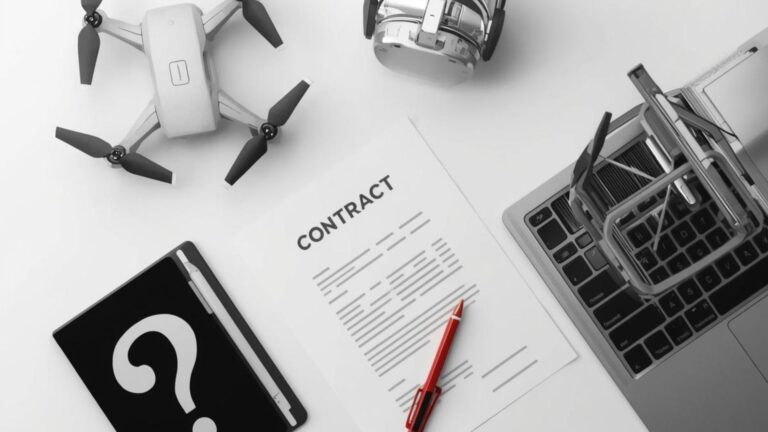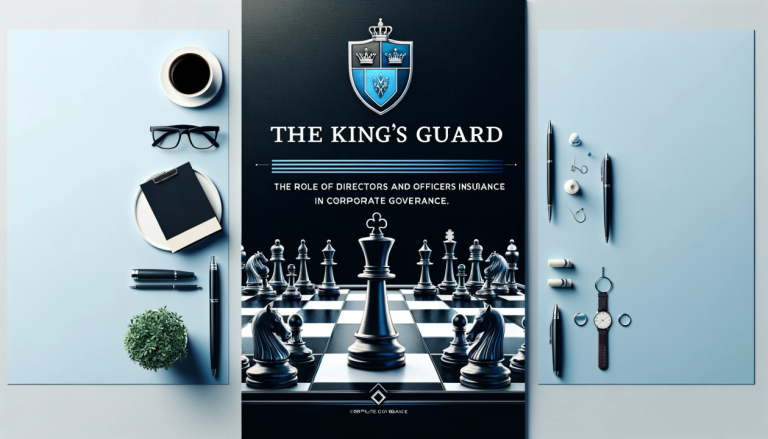Without this coverage, a company’s leadership could be personally responsible for legal defense costs, settlements, or judgments arising from lawsuits – potentially putting their personal finances and assets at serious risk.
D&O insurance typically comes into play when stakeholders allege that company leaders committed a “wrongful act” in running the business. These wrongful acts can include things like negligence, breach of fiduciary duty, misrepresentation, or other errors in judgment. For example, if shareholders accuse a CEO and board of mismanaging the company or making misleading statements that caused financial harm, those directors and officers could be individually named in a lawsuit.
D&O insurance would step in to cover legal defense fees and any settlements or awards (up to the policy limits), so the individuals don’t have to pay out of pocket. This protection is crucial, as legal battles of this nature can be lengthy and extremely costly, even if the allegations are ultimately proven unfounded.
Key features of D&O insurance include:
Personal Asset Protection
The primary purpose is to prevent directors and officers from having to use their own money (savings, homes, etc.) to cover lawsuit costs stemming from their management decisions. It provides peace of mind that their personal assets are safeguarded if they are sued in their capacity as company leaders.
Coverage of Legal Costs and Settlements
D&O policies cover defense expenses (attorney fees, court costs) as well as settlements or court judgments. Even frivolous lawsuits require a legal defense, which can run into six or seven figures. A D&O policy ensures those costs are covered by insurance rather than by the individual or the company’s cash reserves.
Wide Range of Claim Types
A variety of claims can trigger D&O coverage. These include shareholder lawsuits over company performance, investor claims of misrepresentation during fundraising, allegations of breach of fiduciary duty, failure to comply with regulations, and more. Essentially, if someone alleges that a director or officer’s decision or oversight caused harm to the company or a third party, D&O can respond.
Coverage for Both Private and Public Organizations
D&O insurance isn’t just for big public corporations. It’s equally important for private companies (including startups) and even nonprofits. Any organization with a board or appointed officers can face management-related claims. Policies can be tailored to fit the context – whether it’s a small private firm or a large publicly traded company.
Exclusions for Fraud or Illegal Acts
It’s important to note that while D&O protects against many types of “wrongful acts,” it will not cover intentional wrongdoing. Fraud, criminal acts, or personal profiting in an illegal way are standard exclusions. Insurance will defend you against accusations, but if it’s proven in court that a director deliberately broke the law or gained illegal profit, the policy won’t pay those damages. This ensures that D&O insurance encourages responsible behavior and isn’t a shield for bad actors.
In summary, D&O insurance is essentially a safety net for corporate leadership. It allows executives and board members to make strategic decisions without constantly fearing personal financial ruin if someone challenges those decisions in court. By transferring much of that risk to an insurance company, businesses can attract talented directors (who might otherwise be reluctant to serve without such protection) and reassure investors that the company has a plan in place to handle potential management-level disputes. In today’s litigious business environment, D&O insurance has become a must-have component of risk management for companies of all sizes.





























































































































